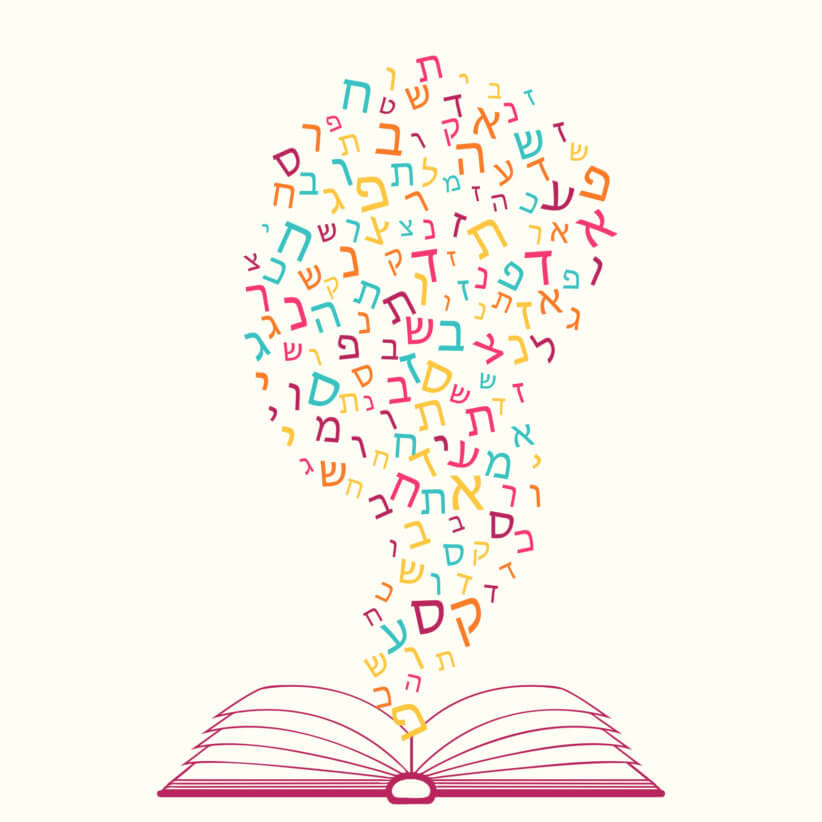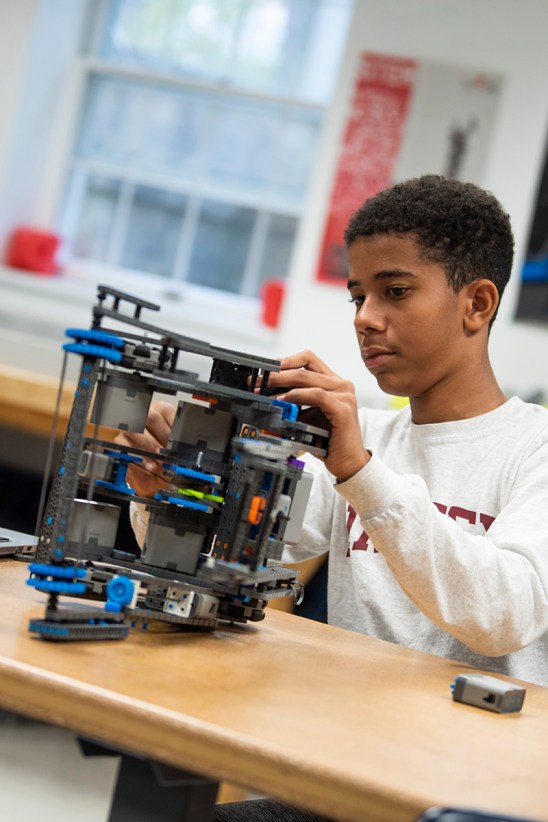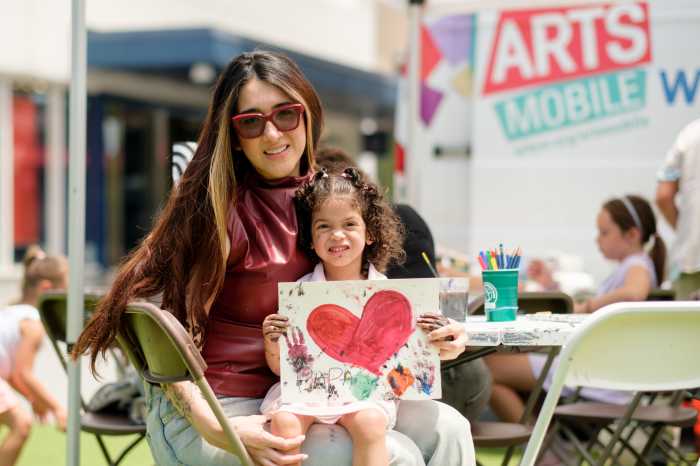
Choosing a Hebrew School
Written by Vered Ornstein
In New York City, the options for a Hebrew school program are seemingly endless. Factors such as cost, location, and level of religious observance all play a huge role in determining which Hebrew school is right for your family. It’s important to understand the purpose of a Hebrew school, as well as its known benefits, when scouting for Hebrew schools before the school year starts this fall.
Hebrew School vs. Day School
It is necessary to note the difference between Hebrew school and Jewish day school. Since the first Jewish people migrated to the United States, educational institutions were founded to provide religious families with full-time education, focusing mainly on biblical and Jewish historical study. As more people from Western and Central Europe moved to the U.S, some saw Jewish day schools as a detriment to assimilation into American culture. Thus, religious after-school and Sunday school programs for Jewish students began to emerge as alternatives to full-time Jewish day schools.
Across the country, enrollment in traditional Jewish day schools is down, while enrollment in Hebrew schools and Jewish summer camps seem to be on the rise. Especially amidst rising costs of living and tuition, some families are opting out of private schools, choosing instead to enroll their children in the less costly after-school option. Though Hebrew school education is more limited in what it can teach when compared to full-time day school education, the curriculum integrates many aspects of Jewish religious and cultural learning into a short amount of time. Aspects of the curriculum are wide-ranging and vary from school to school but are often expected to cover Jewish history; Hebrew language comprehension; studying religious and holiday traditions and practices; exploring American Jewish relationships to Israel/Palestine; and sharing different cultural experiences of Judaism. Preparation for a bar or bat mitzvah is a central focus of Hebrew schools, especially for middle school students.
Hebrew Schools Today
Today, Hebrew school classes are most often held twice a week, once on one weekday afternoon and once on Sunday morning. With the introduction of virtual learning due to COVID-19, many programs have shifted to a hybrid system offering either one or both days virtually rather than in-person. At some schools, Hebrew language classes are being administered one-on-one in person or over Zoom as opposed to in large groups of students. Typically, a child must have at least one parent who identifies as Jewish to be able to attend Hebrew school, but policies vary depending on the school community.
While the traditional focus of a Hebrew school is gaining and enriching knowledge of Judaism, being a part of a Hebrew school community has been shown to have great benefits to children’s social and emotional wellbeing as well. A 2015 study submitted to The Jewish Education Project explored the implementation of new, experimental models of congregational Hebrew school teaching. For a period of six years, selected schools implemented alternative methods of Jewish education that included multigenerational learning, blended online classes, Saturday morning programs, and more. The results found that students and parents alike took away not only educational benefits, but social ones as well. Parents felt their children were learning and grasping new concepts while at the same time building integral relationships to their Jewish community. In this sense, Hebrew schools are at the forefront of progressive and alternative learning models, built to accommodate individual and familial needs.
Picking the Right Hebrew School for You
Considering the following factors will help you choose the Hebrew school that meets the needs of your family: location, cost, type of learning, and religious observance. Most synagogues with significant membership offer some sort of Hebrew or Sunday school program, so researching Jewish Community Centers (JCCs) and synagogues near you is a good place to start. If finances pose a roadblock for enrolling in a Hebrew school, ask about sliding scale tuition and scholarships, as many programs try to accommodate people from all socioeconomic backgrounds. Especially in New York City, families of any level of religious observance have their pick of traditional or alternative learning environments to choose from, helping to enrich their children’s Jewish education and experience.
Hebrew Schools in Westchester
1000 Pinebrook Blvd.
New Rochelle, NY 10804
914-235-1800, tinr.org
Chavaya, the Religious School at Temple Israel in New Rochelle, is a fun, caring, and welcoming Jewish experience for children and families in Kindergarten-12th grade. Children have an engaging outlet to explore Judaism through spirituality, history, holidays, and values. At Temple Israel we live our Jewish values in our worship, celebration, lifelong learning and Tikkun Olam—the repair of the world.
280 Old Mamaroneck Road
White Plains, NY 10605
914- 948-2800 ext. 145
templeisraelcenter.org
Shorashim at Temple Israel Center offers experiential Jewish education designed to foster exploration, personal relevance and tradition. Through content-rich learning, we apply best social/emotional learning practices and opportunities for meaningful engagement. We are an inclusive community, working closely with families to accommodate the needs of every learner.
25 Leroy Avenue
Tarrytown, NY 10591
914 631 1770, tba-ny.org
At Temple Beth Abraham, there are classes and programming for Pre-K to 12th grade. At TBA, learners develop an understanding of our world through a Jewish lens and their own relationships with Judaism. TBA’s goal is for all learners to grow in their knowledge, pride, and love of Judaism.
50 Worthington Road
White Plains, NY 10607
914-592-1790, wct.org
Through joyful, relevant, and innovative learning experiences, youth and families with diverse backgrounds and learning needs feel valued and connected as we celebrate Jewish living together. For more information, including registration, go to wct.org/hebrew-studies.html or contact Abby, our Director of Congregational Learning, at abby@wct.org.
















